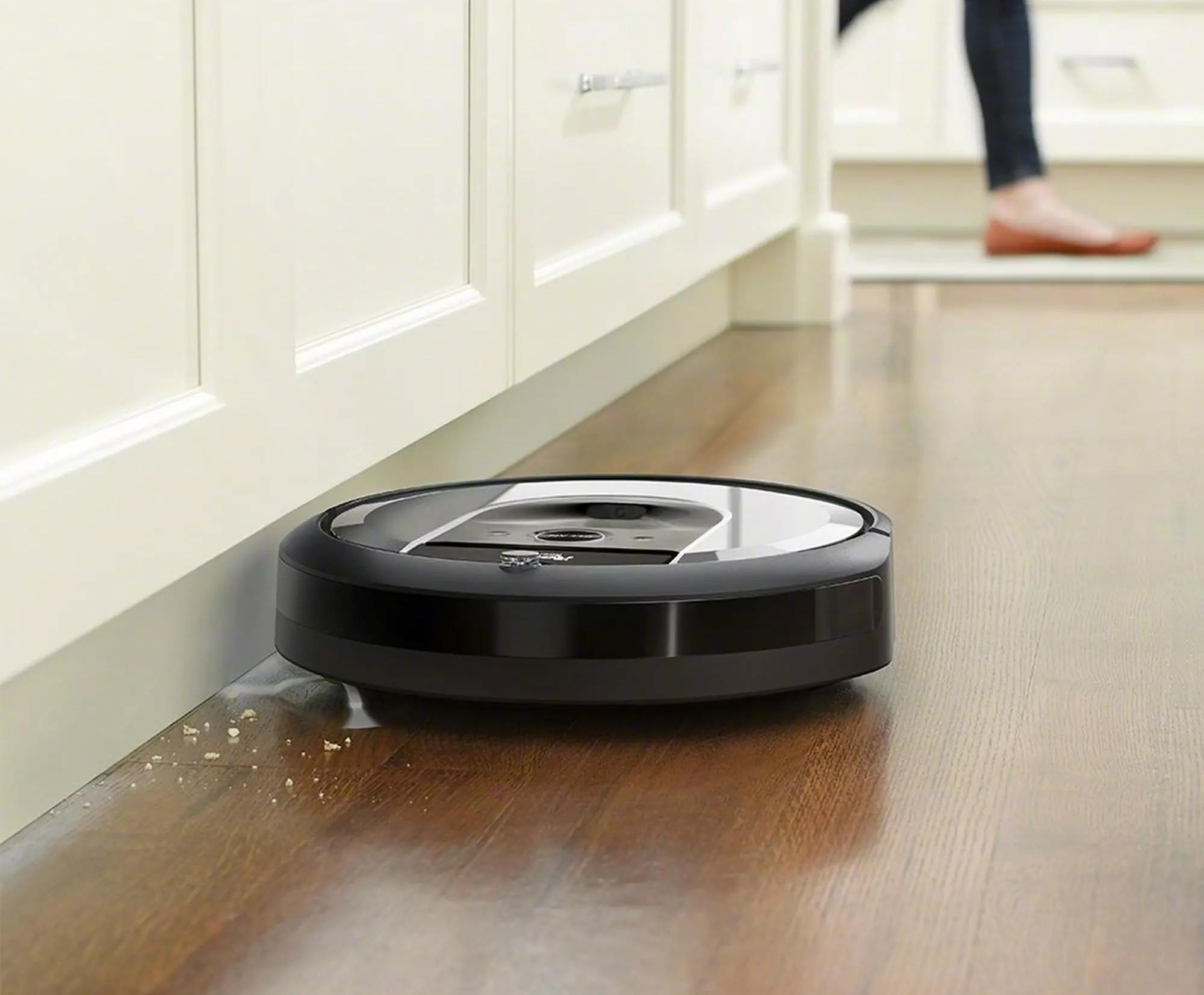

Image credit: iRobot
Amazon’s attempted expansion of its already substantial smart home offerings has run into a potential antitrust snag in the United Kingdom.
It was in August last year, when Amazon signed a deal to buy Roomba robot vacuum cleaner maker iRobot for $1.7 billion.
In September 2022 the US Federal Trade Commission (FTC) requested more details on the deal, after it begun a review of the acquisition, amid concern at the amount of home data Amazon would potential acquire with the iRobot deal.
Indeed, a group of 20 campaign bodies last year urged US antitrust regulators to stop Amazon’s proposed acquisition of iRobot.
In an open letter the groups warned Amazon could sell Roomba devices “at or near a loss” via its Prime subscription service in order to “access more personal consumer data to buttress its anti-competitive advantages online”.
This would harm users’ privacy while giving Amazon an unfair advantage over competitors who don’t have access to that data, the groups argued.
Amazon it should be remembered is already facing other privacy concerns over its existing smart home devices, such as its decision to embedded its long-range, low-bandwidth mesh network known as Sidewalk in its smart home devices in the US.
Amazon Sidewalk is a shared mesh network first announced in 2019, that the firm says helps devices like Amazon Echo devices, Ring Security Cams, outdoor lights, motion sensors, and Tile trackers work better at home and beyond the front door.
But there is concern about how much data this mesh network can gather, considering it now covers 90 percent of the US population.
Privacy concerns also spiked in late 2020 when police in Jackson, Mississippi requested that Amazon provide access to resident’s smart doorbells.
Into this now comes the announcement from the UK’s Competition and Markets Authority that it is also now considering whether the deal could reduce competition in the connected device market.
The CMA said that invitations to comment on the acquisition are now open.
“The Competition and Markets Authority (CMA) is considering whether it is or may be the case that this transaction if carried into effect, will result in the creation of a relevant merger situation under the merger provisions of the Enterprise Act 2002 and, if so, whether the creation of that situation may be expected to result, in a substantial lessening of competition within any market or markets in the United Kingdom for goods or services,” the UK antitrust regulator stated.
“To assist it with this assessment, the CMA invites comments on the transaction from any interested party,” it said.
An Amazon spokesperson told Reuters that customers would benefit from its takeover, adding: “We’re working cooperatively with the relevant regulators in their review of the merger.”
Amazon of course is already a significant player in the smart home market.
For example Amazon already offers its popular Alexa voice-activated assistant, Ring doorbells and home-monitoring devices and a smart thermostat, and in 2021 launched its $999 Astro robot, which offers Alexa features on a wheeled device with a 10.1-inch touchscreen.
iRobot earlier in 2022 had launched its iRobot OS, an AI-powered platform for its robot vacuums and mops, which advanced its ambitions to collect spatial data on homes that can be applied to other areas of the smart home.
American space agency prepares for testing of Boeing's Starliner, to ensure it has two space…
As UK and Europe develop closer military ties, European Commission says it will invest €1.3…
Zuckerberg seeks to revive Facebook's original spirit, as Meta launches Facebook Friends tab, so users…
Notable development for Meta, after appeal against 2021 WhatsApp privacy fine is backed by advisor…
First sign of shake-up under new CEO Lip-Bu Tan? Three Intel board members confirm they…
Trump's nominee for SEC Chairman, Paul Atkins, has pledged a “rational, coherent, and principled approach”…